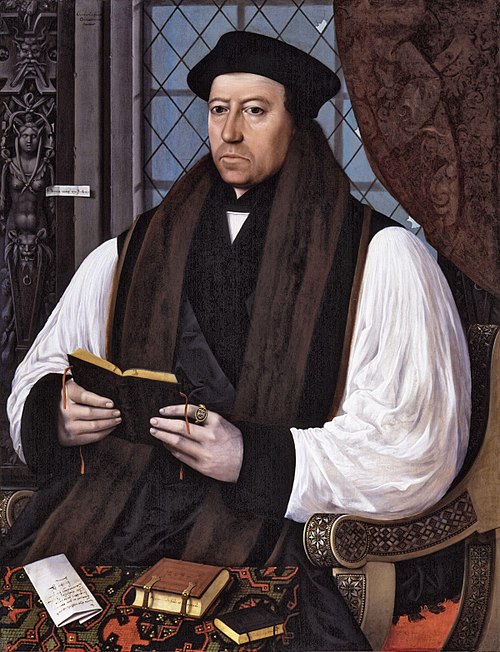Reformationnoun
An improvement (or an intended improvement) in the existing form or condition of institutions or practices, etc.; intended to make a striking change for the better in social, political or religious affairs or in the conduct of persons or operation of organizations.
Reformationnoun
(law) Change or correction, by a court in equity, to a written instrument to conform to the original intention of the parties.
Reformationnoun
The act of reforming, or the state of being reformed; change from worse to better; correction or amendment of life, manners, or of anything vicious or corrupt; as, the reformation of manners; reformation of the age; reformation of abuses.
Reformationnoun
Specifically (Eccl. Hist.), the important religious movement commenced by Luther early in the sixteenth century, which resulted in the formation of the various Protestant churches.
Reformationnoun
improvement (or an intended improvement) in the existing form or condition of institutions or practices etc.; intended to make a striking change for the better in social or political or religious affairs
Reformationnoun
a religious movement of the 16th century that began as an attempt to reform the Roman Catholic Church and resulted in the creation of Protestant churches
Reformationnoun
rescuing from error and returning to a rightful course;
Reformation
The Protestant Reformation (alternatively and sometimes named the Protestant Revolution or European Reformation), was a major movement within Western Christianity in 16th-century Europe that posed a religious and political challenge to the Catholic Church, and in particular to papal authority, arising from what were perceived to be errors, abuses, and discrepancies by the Catholic Church. The Reformation was the start of Protestantism and the split of the Western Church into Protestantism and what is now the Catholic Church.
Reformnoun
The change of something that is defective, broken, inefficient or otherwise negative, in order to correct or improve it
Reformverb
(transitive) To put into a new and improved form or condition; to restore to a former good state, or bring from bad to good; to change from worse to better
Reformverb
(intransitive) To return to a good state; to amend or correct one's own character or habits
Reformverb
To form again or in a new configuration.
Reformverb
To put into a new and improved form or condition; to restore to a former good state, or bring from bad to good; to change from worse to better; to amend; to correct; as, to reform a profligate man; to reform corrupt manners or morals.
Reformverb
To return to a good state; to amend or correct one's own character or habits; as, a man of settled habits of vice will seldom reform.
Reformnoun
Amendment of what is defective, vicious, corrupt, or depraved; reformation; as, reform of elections; reform of government.
Reformnoun
a change for the better as a result of correcting abuses;
Reformnoun
a campaign aimed to correct abuses or malpractices;
Reformnoun
self-improvement in behavior or morals by abandoning some vice;
Reformverb
make changes for improvement in order to remove abuse and injustices;
Reformverb
bring, lead, or force to abandon a wrong or evil course of life, conduct, and adopt a right one;
Reformverb
produce by cracking;
Reformverb
break up the molecules of;
Reformverb
improve by alteration or correction of errors or defects and put into a better condition;
Reformverb
change for the better;
Reform
Reform (Latin: reformo) means the improvement or amendment of what is wrong, corrupt, unsatisfactory, etc. The use of the word in this way emerges in the late 18th century and is believed to originate from Christopher Wyvill's Association movement which identified “Parliamentary Reform” as its primary aim.































